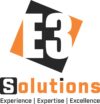What Are Compliance & Licensing Services?
Compliance refers to a business’s ability to follow relevant laws, regulations, and industry standards that govern its operations. Licensing involves obtaining the necessary approvals or permits from government authorities to legally operate a business, engage in specific activities, or handle particular products.
Maintaining proper compliance and licenses not only ensures legal operation but also builds trust with clients, partners, and regulatory bodies.
Why Choose Us?
Expert Guidance from industry professionals
One-Stop Solution for all legal and regulatory needs
Affordable Packages with no hidden fees
Fast Turnaround for licenses and approvals
Dedicated Support from application to renewal

GMP Certification
GMP Certification ensures that products are consistently produced and controlled according to quality standards. It’s essential for pharmaceuticals, food, cosmetics, and medical devices.
We Help You With:
Gap analysis and on-site audits
Preparation of SOPs and documentation
Staff training for GMP compliance
Assistance with certification from recognized bodies
Required For:
Pharmaceutical companies
Cosmetic manufacturers
Food processing units
Medical device makers
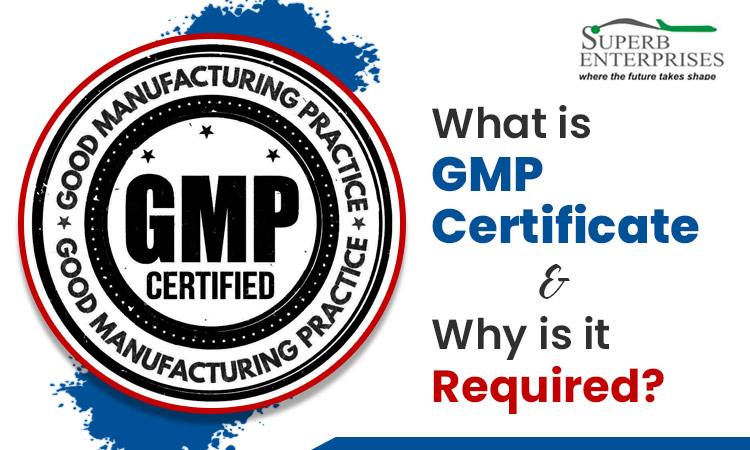
FDA Certification Services (USFDA)
The U.S. Food and Drug Administration (FDA) regulates the sale of food, drugs, cosmetics, and medical devices in the United States. Getting FDA Registration/Approval is a must for Indian exporters targeting the U.S. market.
Our FDA Services Include:
Determining the correct FDA category and product classification
Preparation and submission of required documents
Facility registration and device listing (if applicable)
U.S. Agent appointment and communication
Label review as per FDA standards
Required For:
Food & beverage exporters
Medical devices & pharmaceuticals
Dietary supplements and cos
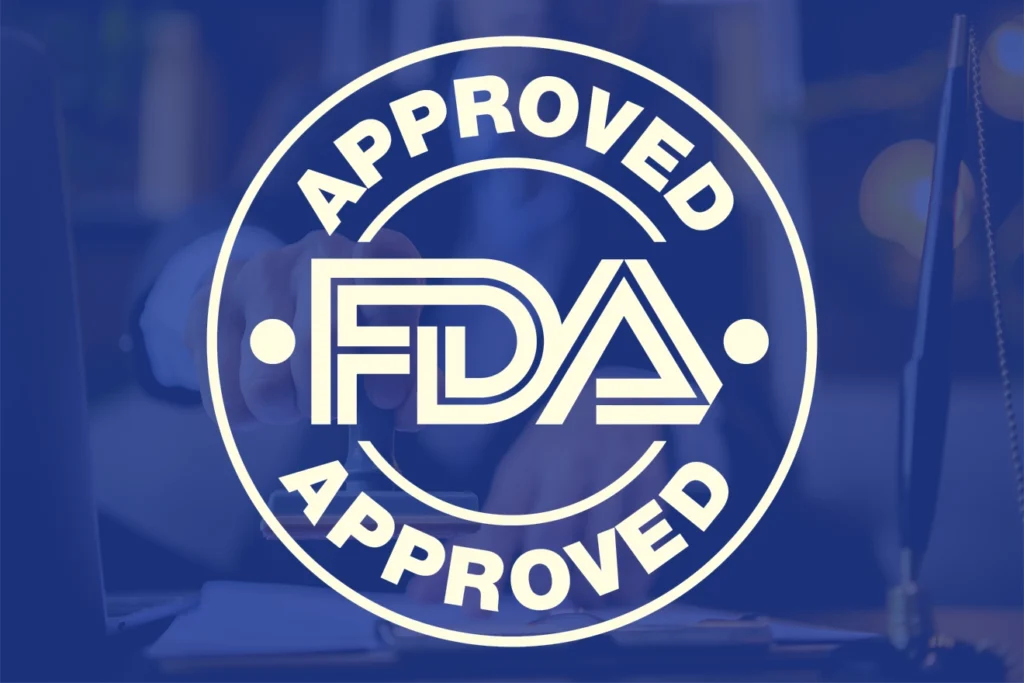
CE Declaration
The CE Declaration of Conformity includes essential details to show that a product meets EU safety, health, and environmental requirements. It typically contains the product’s name, model, and serial number to clearly identify it. The manufacturer’s name, full address, and contact details are provided, or the authorized representative’s information if the manufacturer is outside the EU.
The declaration also lists the harmonised European standards (EN standards) used to demonstrate conformity, which support compliance with the applicable directives. If a Notified Body is involved—necessary for certain products—it includes the body’s name, ID number, and certificate reference.
The declaration concludes with the date and place of issue, along with the name, role, and signature of the person authorized to make the declaration on behalf of the manufacturer. This document must be retained and available to authorities upon request and is essential for CE marking the product.
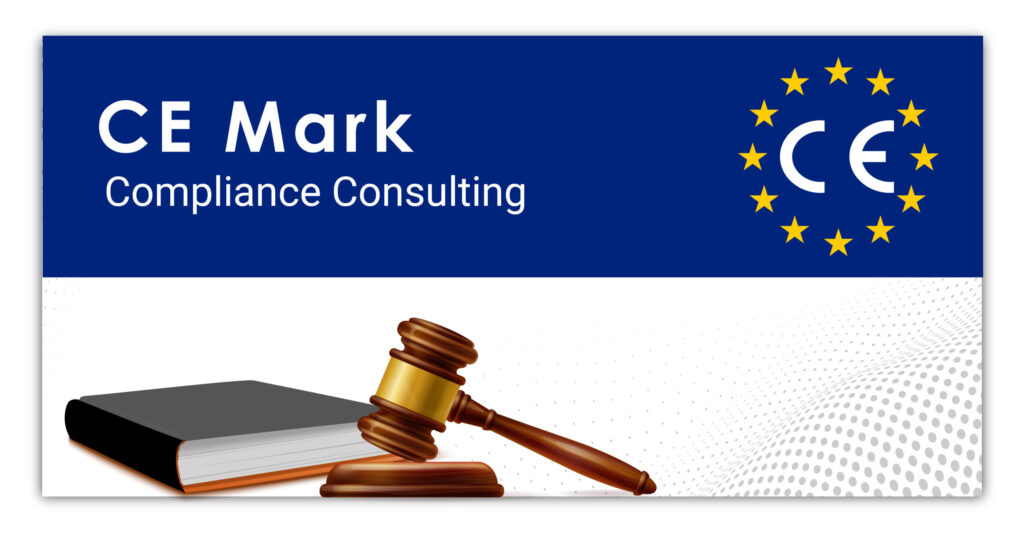
HACCP (Hazard Analysis and Critical Control Points)
HACCP (Hazard Analysis and Critical Control Points) is a food safety system that focuses on identifying, evaluating, and controlling hazards in the food production process. A HACCP plan includes product details, intended use, a process flow diagram, and hazard analysis for each step. It identifies Critical Control Points (CCPs), sets critical limits, and outlines monitoring procedures, corrective actions, and verification methods. The plan also involves record-keeping to ensure traceability and accountability. By addressing biological, chemical, and physical hazards, HACCP helps prevent food safety risks, ensuring safe food production from raw materials to final consumption. It is widely used in food industries globally.
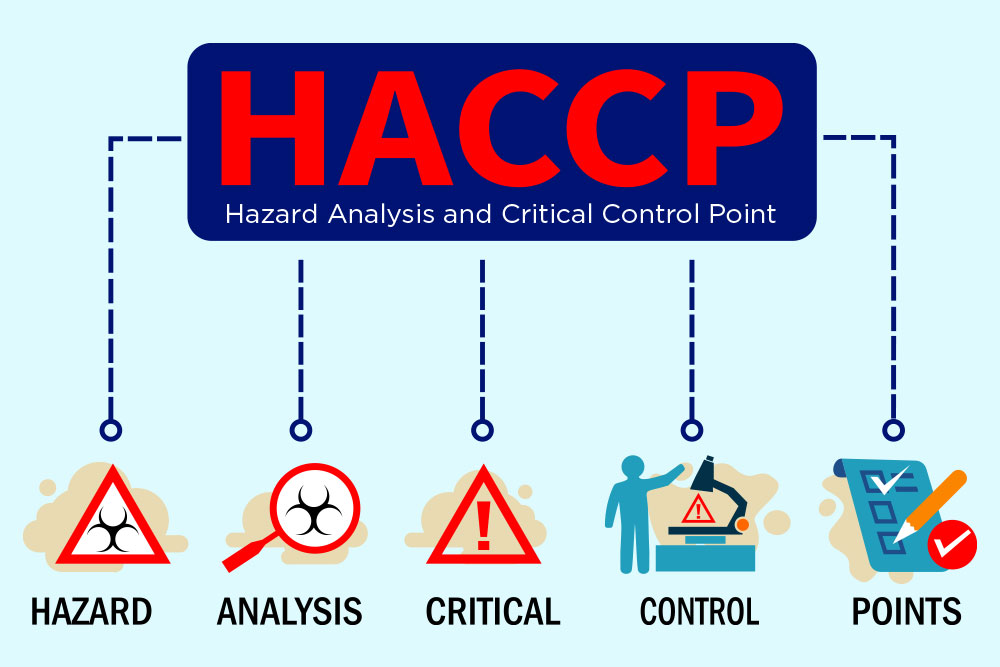
ROHS Certification
RoHS certification confirms that a product contains levels of restricted substances (like lead, mercury, cadmium, and others) below legal limits. Manufacturers must prepare a Declaration of Conformity, maintain technical documentation, and conduct material testing through accredited labs. Certification may involve third-party testing but is often self-declared based on test reports and supplier compliance. RoHS ensures products are environmentally safe and suitable for sale in the EU and other regions adopting similar rules. Certification helps reduce toxic e-waste and is crucial for market access, especially in electronics, IT, appliances, and lighting sectors.
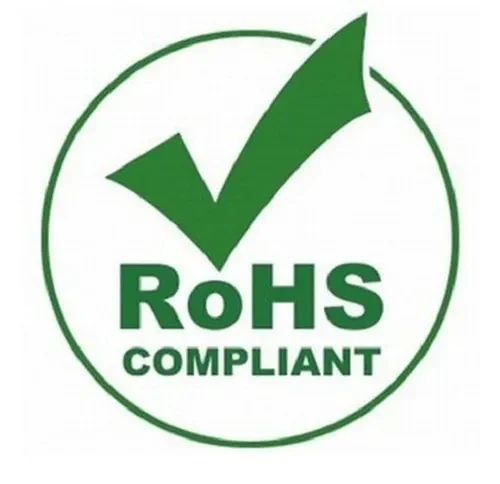
HALAL Certification
Halal certification verifies that products comply with Islamic law, ensuring they are free from prohibited substances like pork, alcohol, and improperly slaughtered animals. The process involves inspection, documentation review, ingredient verification, production audits, and sometimes slaughter supervision. Certified products receive a Halal certificate and label issued by an accredited Islamic organization. It enhances trust among Muslim consumers and facilitates access to Halal markets in countries like Indonesia, Malaysia, the UAE, and Saudi Arabia. Halal certification is essential for companies exporting to Islamic countries or targeting Muslim customers globally.
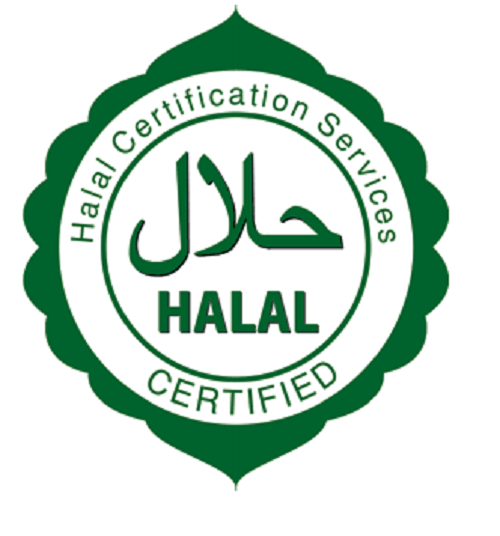
KOSHER Certification
Kosher certification confirms that a product complies with Jewish dietary laws (kashrut). The certification document typically includes the product name and description, manufacturer details, and a statement that the product meets kosher standards. It specifies the supervising kosher agency or rabbi, their contact information, and the certification validity period. The certificate may detail any special kosher designations (e.g., dairy, meat, pareve) and any restrictions or conditions for use. It ensures the ingredients, production process, and facilities are kosher-compliant, providing assurance to consumers who follow kosher dietary rules.
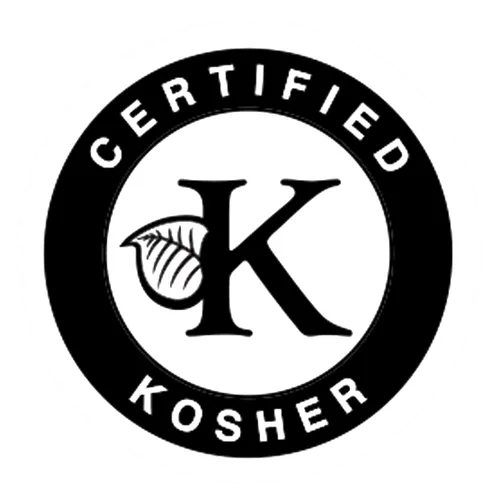
REACH Certification
REACH (Registration, Evaluation, Authorisation, and Restriction of Chemicals) certification ensures compliance with EU regulations controlling chemicals in products. The documentation typically includes the company and product details, a list of substances registered under REACH, safety data sheets (SDS), and evidence of substance evaluation and authorization where applicable. It covers the identification of hazardous chemicals, their safe use instructions, and compliance with restrictions on certain substances. The certificate confirms that the product meets all REACH requirements, helping protect human health and the environment by controlling chemical risks throughout the supply chain

